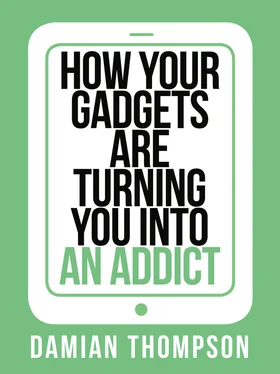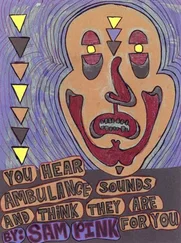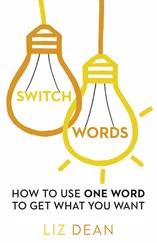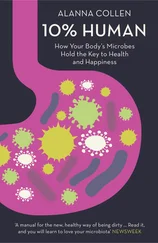Copyright Contents Title Page Introduction Chapter 1 About the Publisher
How Your Gadgets are Turning You in to an Addict contains material first published in The Fix by Damien Thompson, first published in 2012 by Collins, an imprint of HarperCollins Publishers Ltd.
HarperCollins Publishers Ltd. 1 London Bridge Street London SE1 9GF www.harpercollins.co.uk
Text © Damien Thompson 2012
Illustrations © HarperCollins Publishers ; Shutterstock.com
Damien Thompson asserts his moral right to be identified as the author of his work
A catalogue record for this book is available from the British Library
All rights reserved under International and Pan-American Copyright Conventions. By payment of the required fees, you have been granted the non-exclusive, non-transferable right to access and read the text of this e-book on-screen. No part of this text may be reproduced, transmitted, down-loaded, decompiled, reverse engineered, or stored in or introduced into any information storage and retrieval system, in any form or by any means, whether electronic or mechanical, now known or hereinafter invented, without the express written permission of HarperCollins e-books
Hardback ISBN: 9780007436088
Collins Shorts ebook edition © DECEMBER 2012
ISBN: 9780007506996
Version 2018-07-13
Title Page
Introduction Chapter 1 About the Publisher
It’s not obvious to us now, but the most far-reaching social development of the early 21st century is our increasingly insistent habit of rewarding ourselves whenever we feel the need to lift our moods. More and more of us are being pulled towards some form of addiction, even though we may be unaware of the fact and never become full-blown addicts.
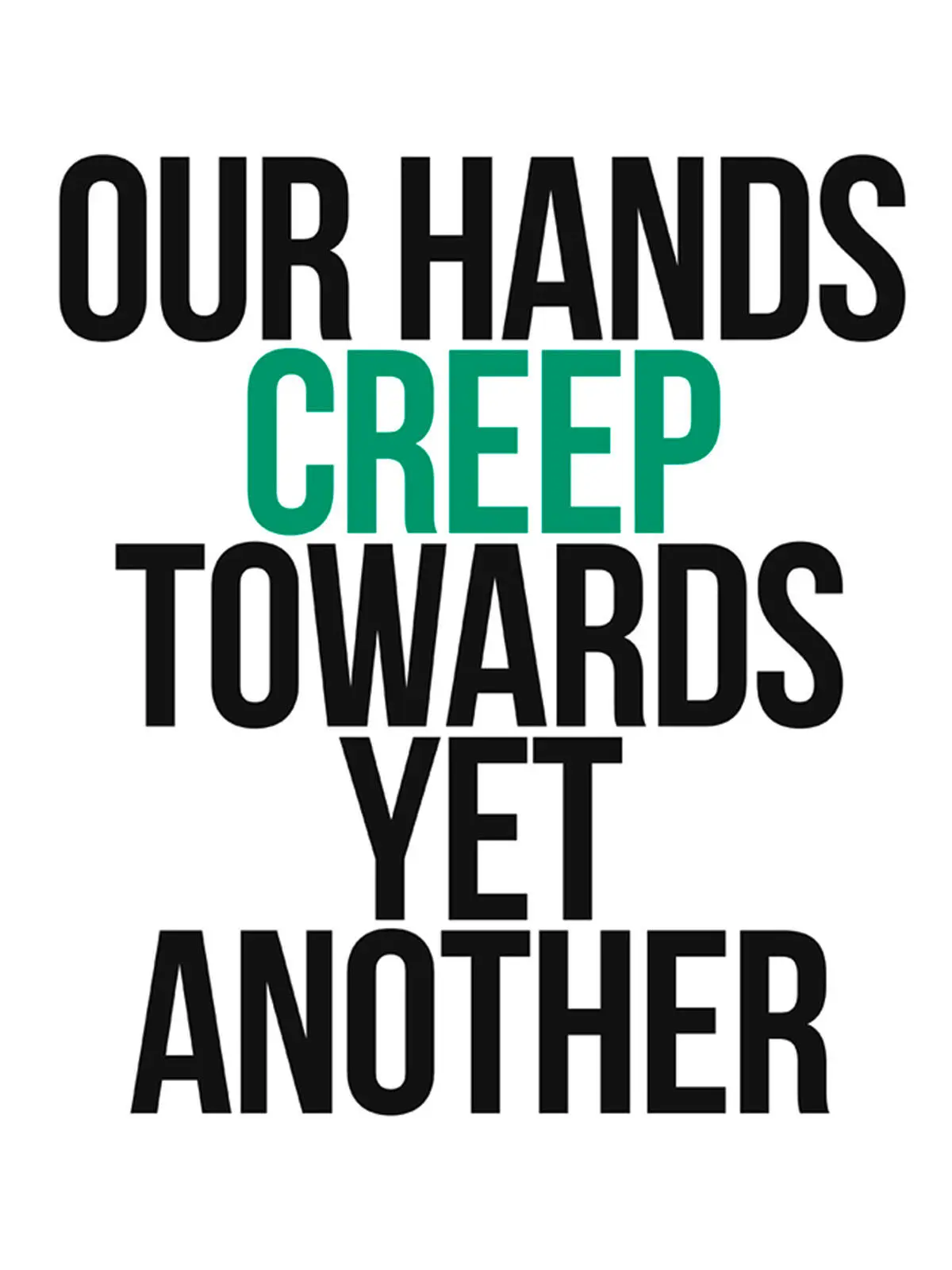
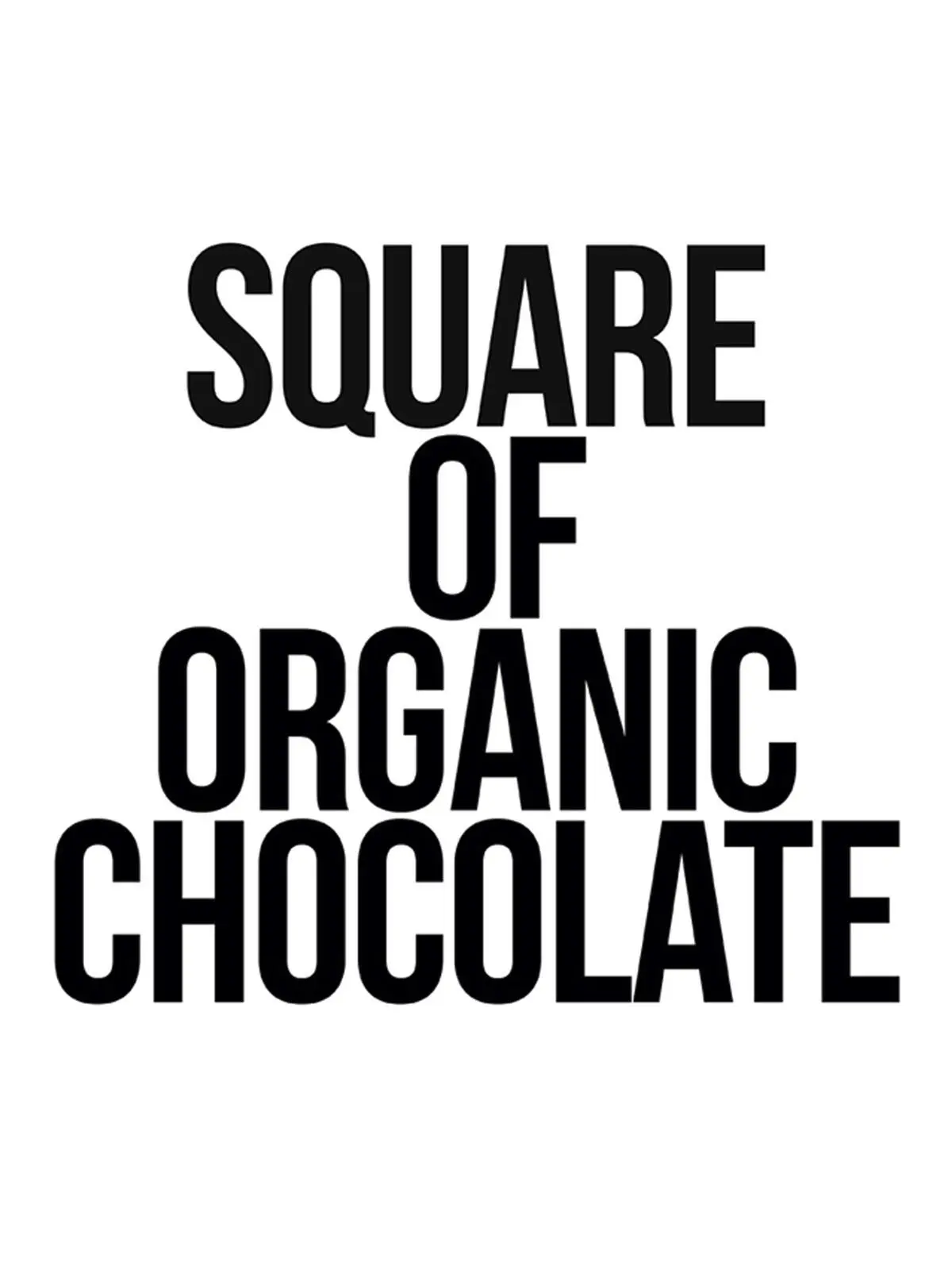
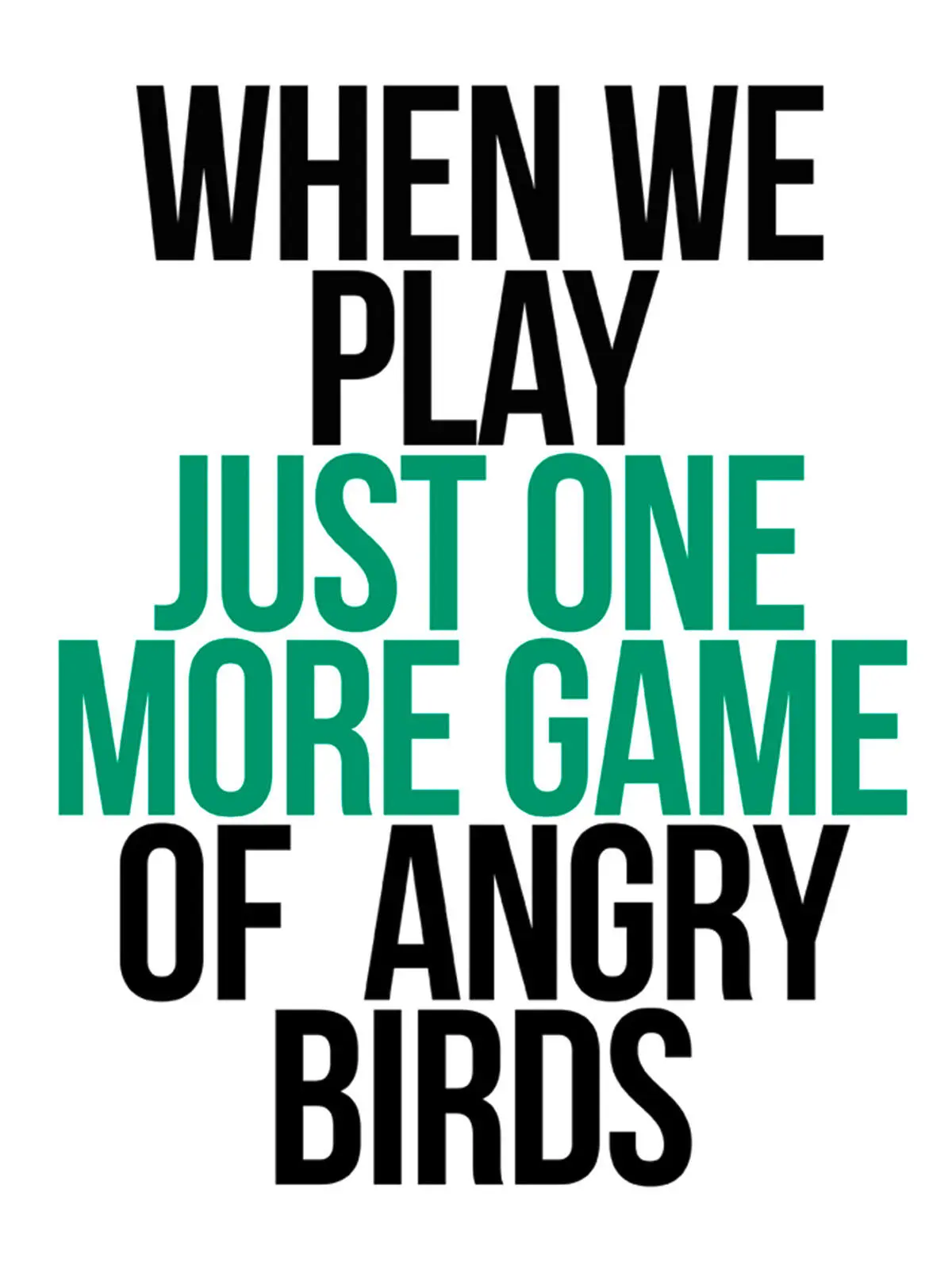
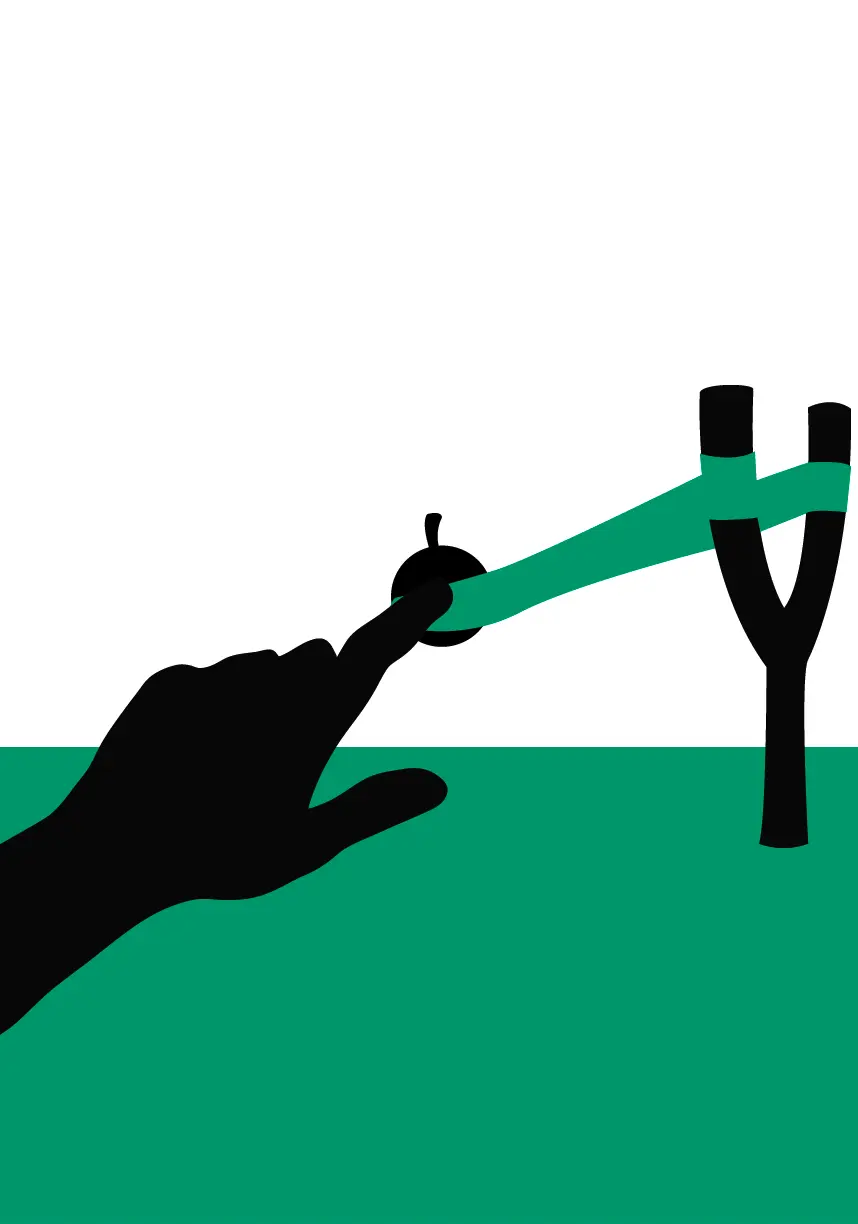

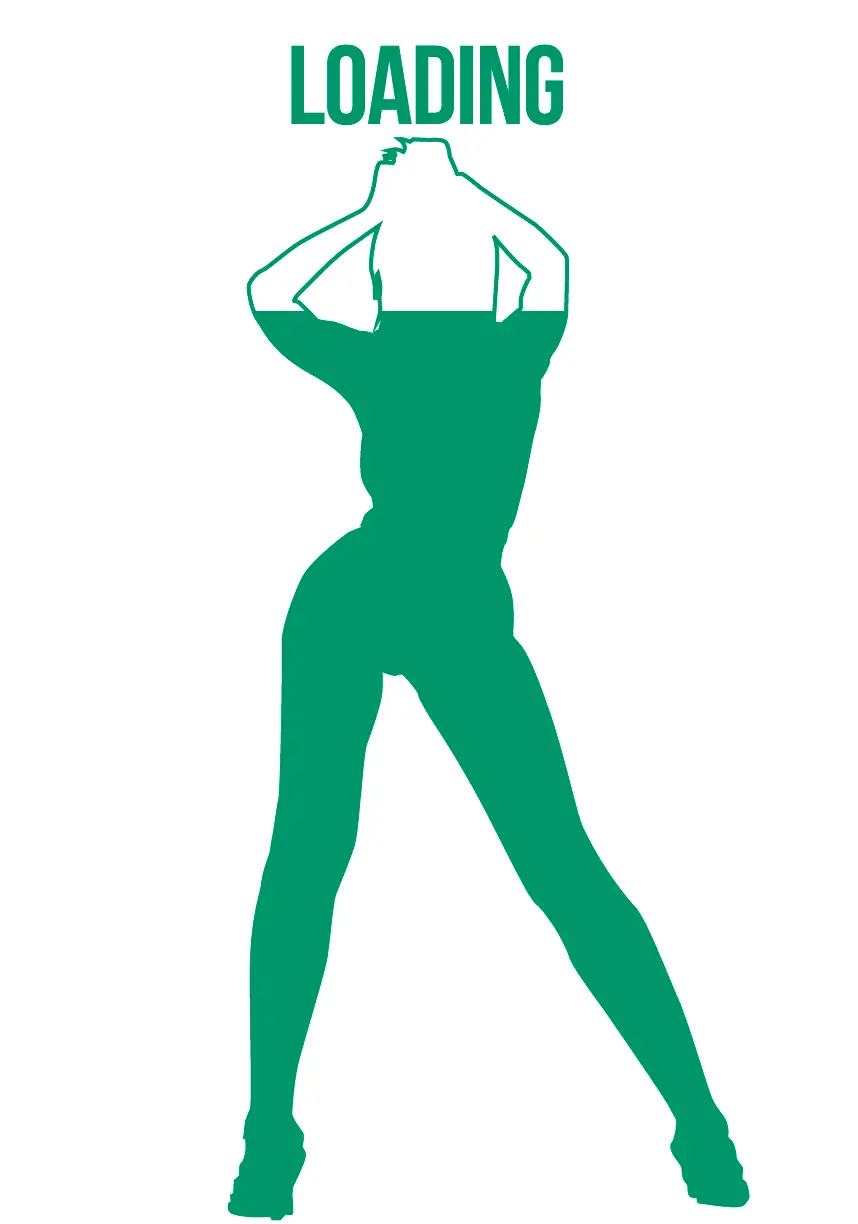
When our hand creeps out towards yet another square of organic chocolate, or when we play just one more game of Angry Birds before setting off for work, or when we check a secretly bookmarked porn site for new arrivals, we’re behaving like addicts. The activity in question can be innocent or shameful. Either way, it reinforces the addictive streak in human nature.
That streak is there because our brains have evolved to seek out immediate, short-term rewards. Our ancestors needed to stuff themselves with energy-rich berries and to respond quickly to sexual stimulation; we wouldn’t be here if they hadn’t.
Our problem is that we’ve built an environment that bombards us with rewards that our bodies don’t need and that do nothing to ensure our survival as a species. Yet, because they are rewards – that is, because they provoke specific feelings of anticipation and pleasure in the brain – we grab them anyway.
To put it another way, we reach out for a fix.
That’s a word we associate with helpless addicts. They talk about their ‘fix’ because it feels as if they’ve temporarily fixed themselves when they take their drug of choice. There’s no mystery about this. As a result of heavy exposure to the drug, they have become dependent on frequent chemical rewards. Their brains are in a state of hypervigilance, waiting for the blessed relief of a chemical that, once tolerance develops, merely allows the addict to feel normal, as opposed to anxious and ill.
That much is not in dispute. Many addiction specialists go further, however. They say that the brains of addicts are fundamentally different from those of non-addicts. They are forced to chase these rewards because they have ‘the disease of addiction’.
I want to challenge that theory. I suggest that, if you keep eating chocolate biscuits until you feel sick, you’re indulging in a milder version of the addictive behaviour that leads heroin addicts to overdose. I’m not equating the two situations, of course. I’m suggesting that they lie at different points on a spectrum of addictive behaviour on which everyone can be located.
Also, and more importantly, many of us are being pulled towards the dangerous end of the spectrum, thanks to technological and social changes that stimulate the most fundamental of all our instincts – desire.
Конец ознакомительного фрагмента.
Текст предоставлен ООО «ЛитРес».
Прочитайте эту книгу целиком, купив полную легальную версию на ЛитРес.
Безопасно оплатить книгу можно банковской картой Visa, MasterCard, Maestro, со счета мобильного телефона, с платежного терминала, в салоне МТС или Связной, через PayPal, WebMoney, Яндекс.Деньги, QIWI Кошелек, бонусными картами или другим удобным Вам способом.
